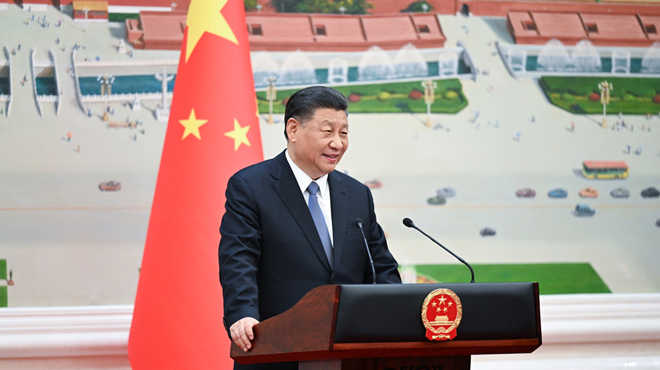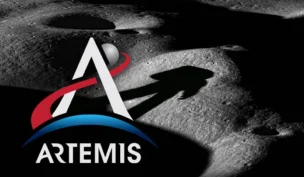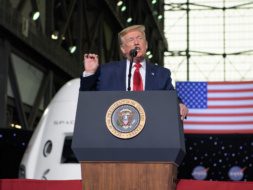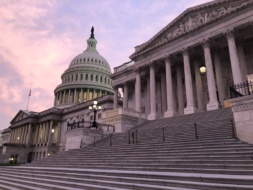Lawmakers across Capitol Hill raised concerns last week that China is gaining on the US in orbit in both the civil and national security sectors.
The Select Committee on the Chinese Community Party held a roundtable on the new space race with Beijing on Wednesday. During separate hearings, top officials from NASA and DoD also fielded questions about the rise of China in space, while at the same time testifying on their stagnant budget requests for fiscal 2025.
Start your engines: The two leaders of the select committee didn’t mince words—the US is in a space race with China, whether we like it or not.
“I would hope that one day we can once again engage in cooperation with China and the PRC with regard to space exploration, but at the moment, under Xi Jinping, there is a real space race,” said Rep. Raja Krishnamoorthi (D-IL).
Former administration officials testified about the risk China poses to the US in orbit, from drawing US partners to do research on the Chinese space station if there is a gap in America’s presence in LEO post-ISS to Chinese counter space weapons that can enable them to threaten the entire military—land, sea, air, and space.
“Now is not the time for decreasing or flat space budgets,” said retired Gen. John Raymond, the former head of the Space Force. “China is not slowing down.”
Nat sec: On Tuesday, Space Force chief Gen. Chance Saltzman also sounded the alarm on the risks posed by China, and the resources likely to be allocated to the service to counter them since the fiscal 2025 budget request is $600M less than what the branch requested last year.
“The problem…was the fact that the [People’s Republic of China] in particular has built a very robust space-enabled targeting system,” Saltzman testified at the Senate Armed Services Committee. “Scaling up to develop not just the type of counter space capabilities that we need but the quantity of capabilities to hold those targets at risk is where we’re falling behind on the timeline. We’re not just moving as quickly as I think we should.”
Civil: On Wednesday, lawmakers on the House Appropriations Committee asked NASA Administration Bill Nelson about how the agency was investing to keep pace with China within its flat fiscal 2025 budget request.
“We gotta be realistic that China is really throwing a lot of money at it and they’ve got a lot of room in their budget to grow. Their science is good, their engineering is good,” Nelson said. “We just better not let down our guard.”
Clapback: Rep. Carlos Gimenez (R-FL) sharply questioned the witnesses at the China select committee roundtable on why it’s taking so long to get back to the Moon when Apollo happened more than five decades ago.
“What the heck is going on and why aren’t we there already?” he said. “Why is it that these systems are taking so long to develop when we were there 50 years ago?”
Former NASA chief Jim Bridenstine’s TLDR answer: take a look in the mirror.
“We have had programs started and stopped with the whimsical budgets of politicians,” he said. “It is starts and stops and wasted billions of dollars and lots of time.”




